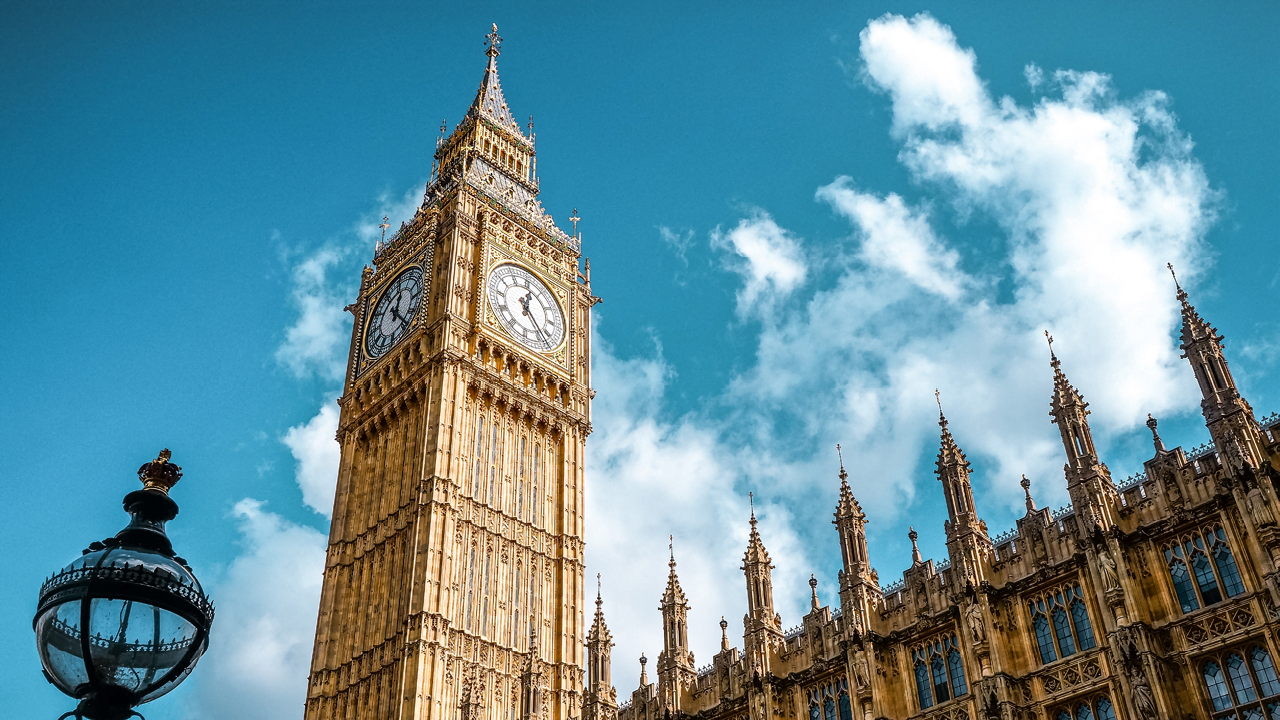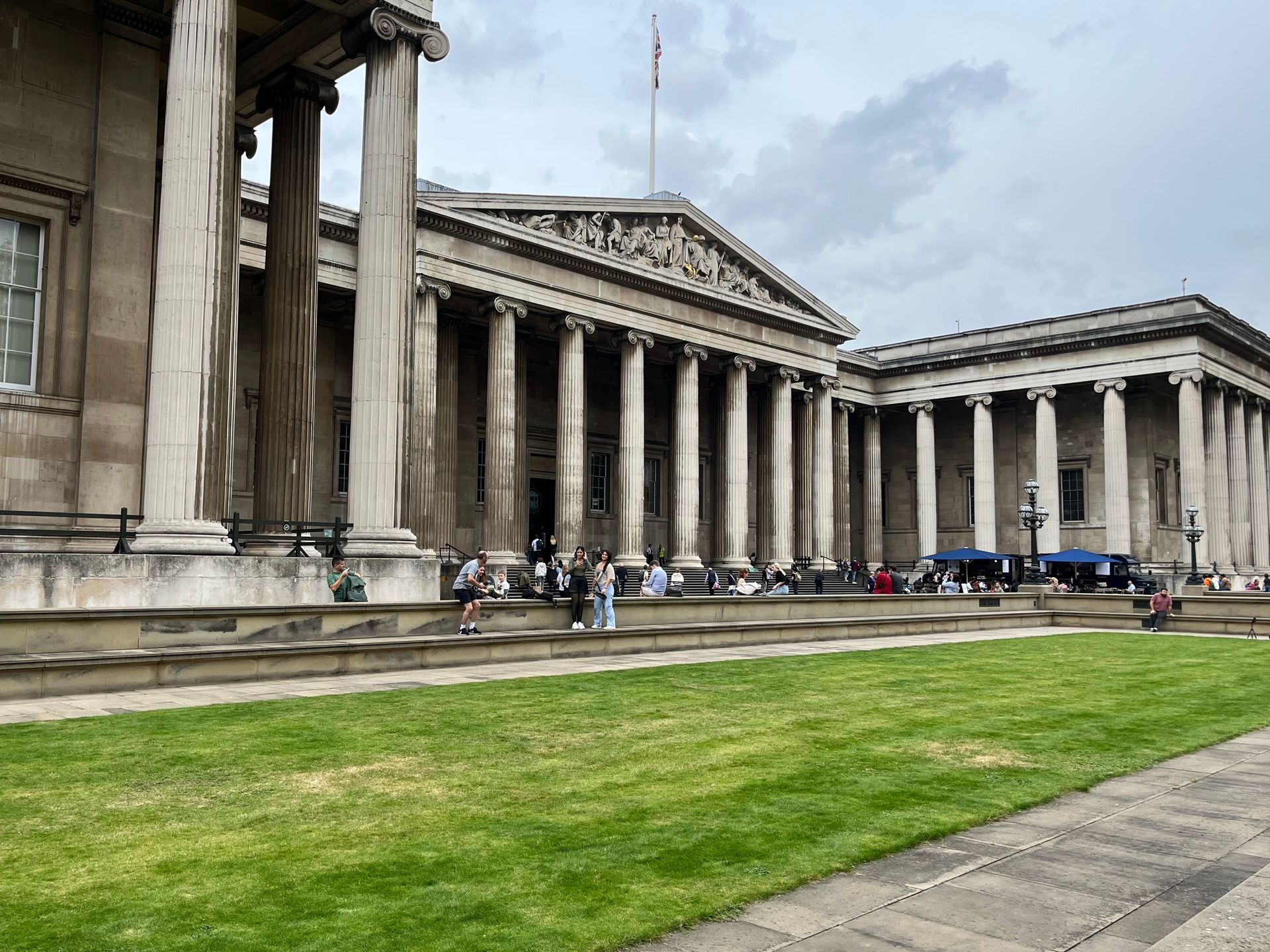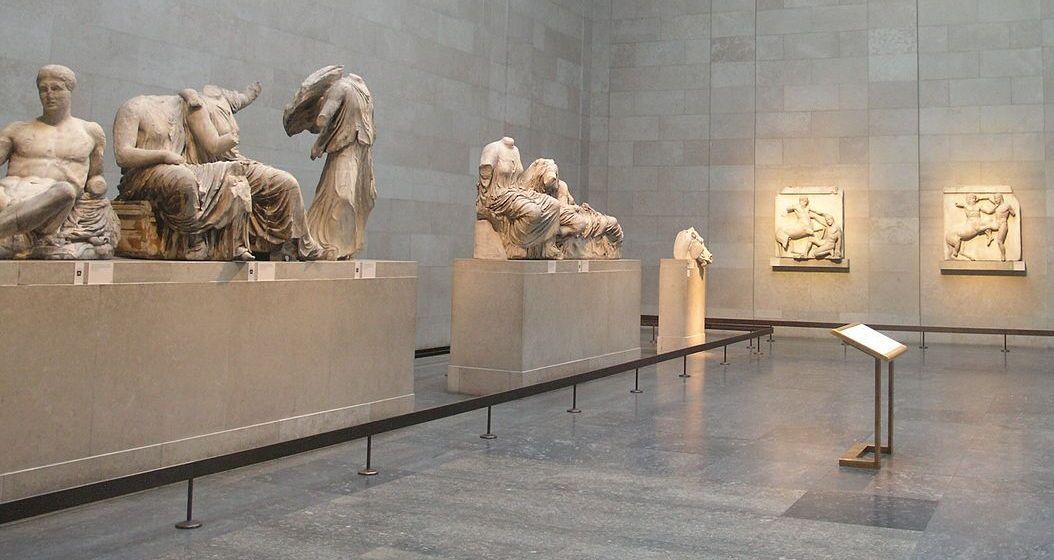Cultural Restitution
Seven sacred objects from the Warlpiri community, located on remote lands in the Northern Territory in central Australia, are on their way home from the Kluge-Ruhe Aboriginal Art Collection of the University of Virginia.
This is the latest in a series of orderly repatriations resulting from a successful research partnership between the Kluge-Ruhe collection in the USA and the AIATSIS Return of Cultural Heritage programme.
AIATSIS (The Australian Institute of Aboriginal and Torres Strait Islander Studies) was founded about 60 years ago as a place to record cultures that were perceived as dying out. The Institute already holds a vast amount of of Aboriginal and Torres Strait Islander cultural materials, stored for safekeeping and/or digitisation with the approval of the originating communities. Facilitating returns from other countries and collections is a relatively recent addition to the Institute's function.
Some First Nations people, once advised, have been happy for their cultural materials to remain on display in museum collections on the other side of the world - as long as they can determine how these materials are presented. One of the key aims of the Return of Cultural Heritage programme is to enable Aboriginal and Torres Strait Islander custodians to makes decisions about their cultural heritage.
In mid-2020 AIATSIS and the Kluge-Ruhe Collection at the University of Virginia formed a partnership, initially to research and identify the provenance of sacred objects sourced from Australia held by the Kluge-Ruhe, but also with a view to possible repatriation. Holding around 2200 items, the Kluge-Ruhe's collection of First Nations artefacts is considered the most significant such collection outside of Australia. After confirming their sacred significance for Warlpiri men, this latest group of seven objects were returned for storage to the South Australian Museum in Adelaide. In the last few days, a delegation of Warlpiri men travelled to Adelaide to collect and return them to Yuendumu, one of the largest Aboriginal remote communities in Central Australia. A private ceremony to mark their return will be held once they have arrived.
In a statement, the senior Warlpiri men who travelled to Adelaide said:
“We are glad to see this material come back to Australia from America, but we need more help for all our material to come back. We need help make a keeping place for all our material coming home.”
AIATSIS Chief Executive Craig Ritchie praised the Kluge-Ruhe Collection staff for responding very positively to the AIATSIS Return of Cultural Heritage programme.
“Discussions with staff at Kluge-Ruhe is ongoing regarding material from the other Central Australian language groups.” He added, “We are impressed with the commitment shown by the staff at the museum to giving priority to the wishes of the communities from which those materials were sourced.”
The majority of objects in the Kluge-Ruhe Collection were acquired by two American enthusiasts for Australian Indigenous art: US media mogul and philanthropist John W. Kluge and the academic Edward Ruhe, who collected objects during fieldwork in Australia in the 1960s.
Photo: Warlpiri men with their cultural heritage material at Alice Springs Airport
Courtesy of Shaun Angeles Penangke, AIATSIS
More News
Subscribe
Receive free updates on recent restitution news
Join the Newsletter
We will get back to you as soon as possible
Please try again later
CREDITS
Frieze block from the Temple of Athena, The Acropolis Museum, Athens
Acropolis photos courtesy of Anna Oikonomou
–
Site Design by
beckon.
All Rights Reserved | Returning Heritage



